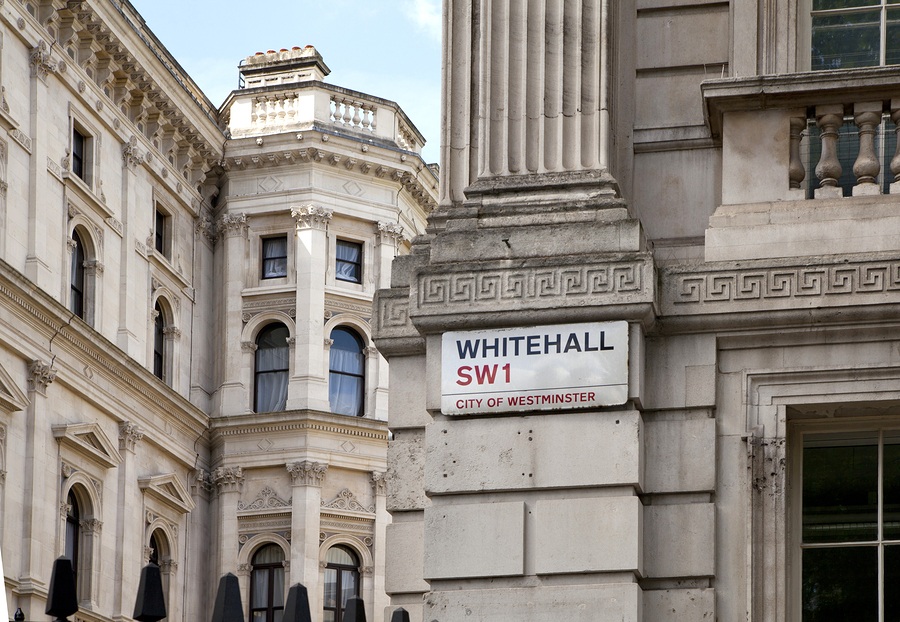
Responding to the National Audit Office (NAO) report on Government spending on consultants, published today (13th January 2016), the Chief Executive of the MCA (Management Consultancies Association), Alan Leaman, said:
“The NAO report highlights that management consultancies bring much needed skills and expertise to the public sector. The UK’s world-class consulting industry’s partnership with central government is helping deliver policy promises and transform and improve public services. Our evidence is that this vital collaboration increasingly delivers value for money for the taxpayer. Typically, consulting projects across all sectors deliver benefits worth around £6 for every £1 spent.
“But we can make this good news still better. The consulting industry is pressing government to accelerate the use of more innovative ways of working and to focus clearly on achieving the best outcomes for taxpayers.
“Partnerships between management consultancies and government are improving the management of long-term health conditions, delivering reductions in crime and greater public safety, introducing new digital services, and helping to make government itself more efficient and effective.
“We increasingly expect public services to be easily accessible, particularly as digital technology opens up opportunities to deliver them in new ways and short-circuit expensive processes. That’s why over a third of the consulting services provided to central government involve designing and delivering digital services and technology innovation.”
The NAO key findings include:
- Spending on management consulting by central government has fallen significantly since 2010, and is around half of spending on temporary labour
- “Consultants and other temporary staff can be a flexible and cost-effective part of an organisation’s workforce”
- Consultant use has potential advantages including, having “specialist skills and experience that departments are unable to recruit, develop or retain cost-effectively” and “Provide an external and more objective viewpoint”.
Analysis from the MCA (Management Consultancies Association):
- There have been significant shifts in the balance of consulting services in recent years. According to MCA data, over a third of consulting services provided to Government are now related to digital transformation and technology while programme and project management has fallen to an historic low of just 15% of a much smaller total.
- Independent research for the MCA suggests that, on average, consulting projects deliver benefits worth around £6 for every £1 in spend
- The 2015 spending review demands significant improvements in public sector productivity and changes in how government is organised. As the NAO says, “transformation projects … generally require external support.” The MCA expects management consulting firms to play a leading role in achieving these goals.
MCA members have delivered consulting projects that have helped save hospitals from bankruptcy, improved services for NHS patients, helped protect citizens and reduce crime, supported local government to manage funding reductions and delivered major infrastructure projects, including the Olympics and Crossrail. Many of these have been recognised in the annual MCA Awards.
Alan Leaman also featured in today's City AM speaking on the valuable role that management consultants are playing in governement.
-ENDS-
Notes to Editors:
- The MCA is the representative body for management consultancy firms in the UK. Its mission is to promote the value of management consultancy for the economy and society as a whole. The MCA's member companiesrepresent around 65 per cent of the UK consulting industry in fee income, employ around 38,000 consultants and work with over 90 of the top FTSE 100 companies and almost all parts of the public sector. The UK consulting industry is amongst the best in the world and a vital part of the business landscape. MCA members include global players such as the Big 4 Accounting Firms, Accenture and IBM as well as smaller specialist consulting firms.
- Compliance with the MCA's tough entry criteria and rigorous Code of Practice means that MCA member companies are widely acknowledged to provide high quality services to their clients.
- MCA members work across the private and public sector. The latest figures on their work can be seen in their 2015 Annual Report. This report can be found here.
- Digital services are increasingly in demand in Government. In his recent Autumn statement last year, the Chancellor promised to deliver a digital revolution across Whitehall. Full speech here.
- ]Independent research commissioned by the MCA in 2012 found that on average, and across all the types of consulting work that the research sample had experienced, the rate of return on spending on consultancy was the equivalent of £6 for every £1 that was spent in fees. The full report can be found here.
- Temporary labour (interim management or contractors) supports government in delivering ‘business as usual’ and are commonly not delivered by members of the MCA. Consultancy assignments are project-based and add significant value by introducing new thinking, skills and insight which all help clients to solve problems, deliver savings and improve services.
